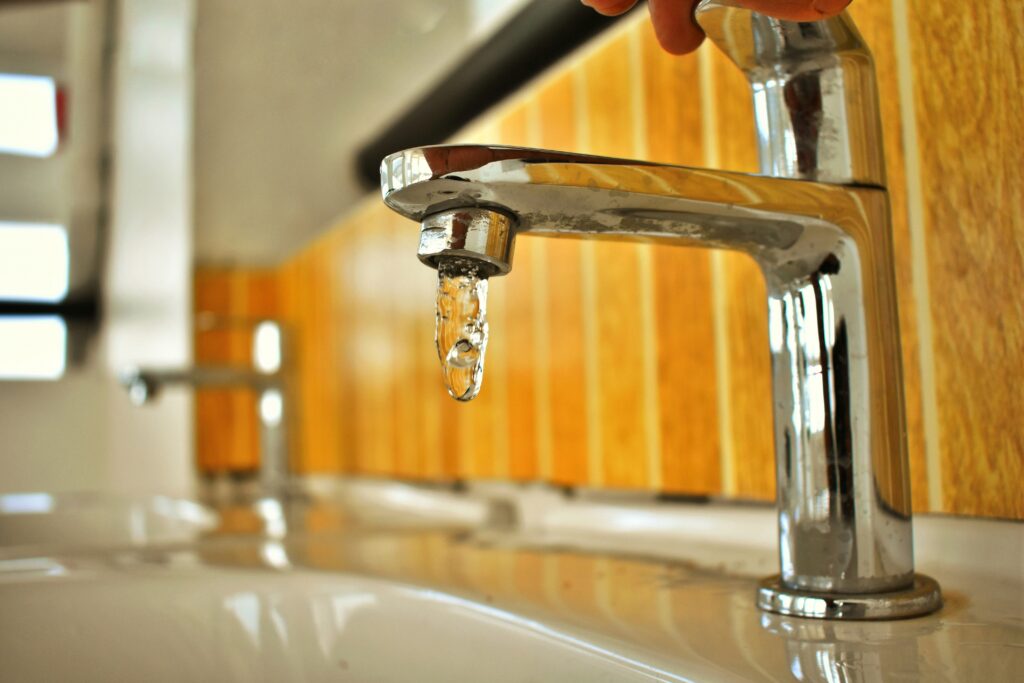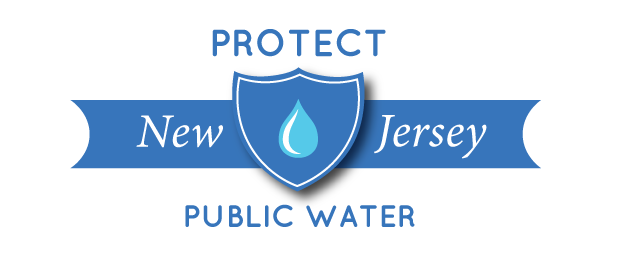New Jersey has a strong tradition of government ownership and operation of water and sewer utilities that is well-worth protecting and preserving because the public benefits.
1. Affordability. The rates of public (government-owned) water and sewer utilities are significantly lower than the rates of investor-owned (corporation-owned) utilities. Rates cover operations and capital investment. There is no additional cost added to cover profit. These distinctions are especially important in communities where many people have low and moderate incomes or in communities that have severe impacts related to the COVID-19 pandemic.

2. Good Management. Well-run government utilities are the norm. Any community can ensure Its system quality by hiring skilled managers and operators and ensuring they have the fiscal resources they need to do their job.
3. Local control. The people of the community, through their mayors other locally elected and appointed officials, have a direct say over the government water or sewer utility.
4. Easy access to Leaders. Government utility governing bodies hold public meetings in the communities they serve. A citizen with a concern can go to any meeting or request any information under public records laws. When corporations and private equity firms are in charge, decisions about rates and service can be made at public utilities commissions in complicated and opaque proceedings, or board rooms that are far away or where the public is not admitted.
5. Local asset. The community owns the local asset not a group of shareholders around the country or around the world who don’t have any incentive to perform well.
6. Local jobs. Utilities that are government owned draw their employees from the town where they operate or nearby towns.
7. The Benefits Go to Ratepayers, Not Shareholders. Economies and efficiencies of operation that save money benefit the ratepayer and not the shareholder. When a government system saves money by saving electricity or replacing old equipment, the ratepayers are the most likely to benefit. The savings can either stabilize rates or can be invested in protecting water quality and keeping the system in shape. In a corporate utility, the savings may be used to increase dividends or support the price of shares.
8. Community Never Has to Buy Back its Own System. Communities that privatize and come to regret it face steep costs to buy back their systems or get out of long-term concession contracts. They are often stuck with expensive or poor-quality service.
9. Government Systems Help Support their Community. Local government culture is one of cooperation – there’s no “proprietary information” or “trade secrets.” Staff, equipment, and funds are often shared informally or through shared service agreements.
10. Government Water and Sewer Service is a Public Service. Water and sewer service is too important to trust to private concerns. Water and sewer service are public goods and should be managed by public servants.

Leave a Reply